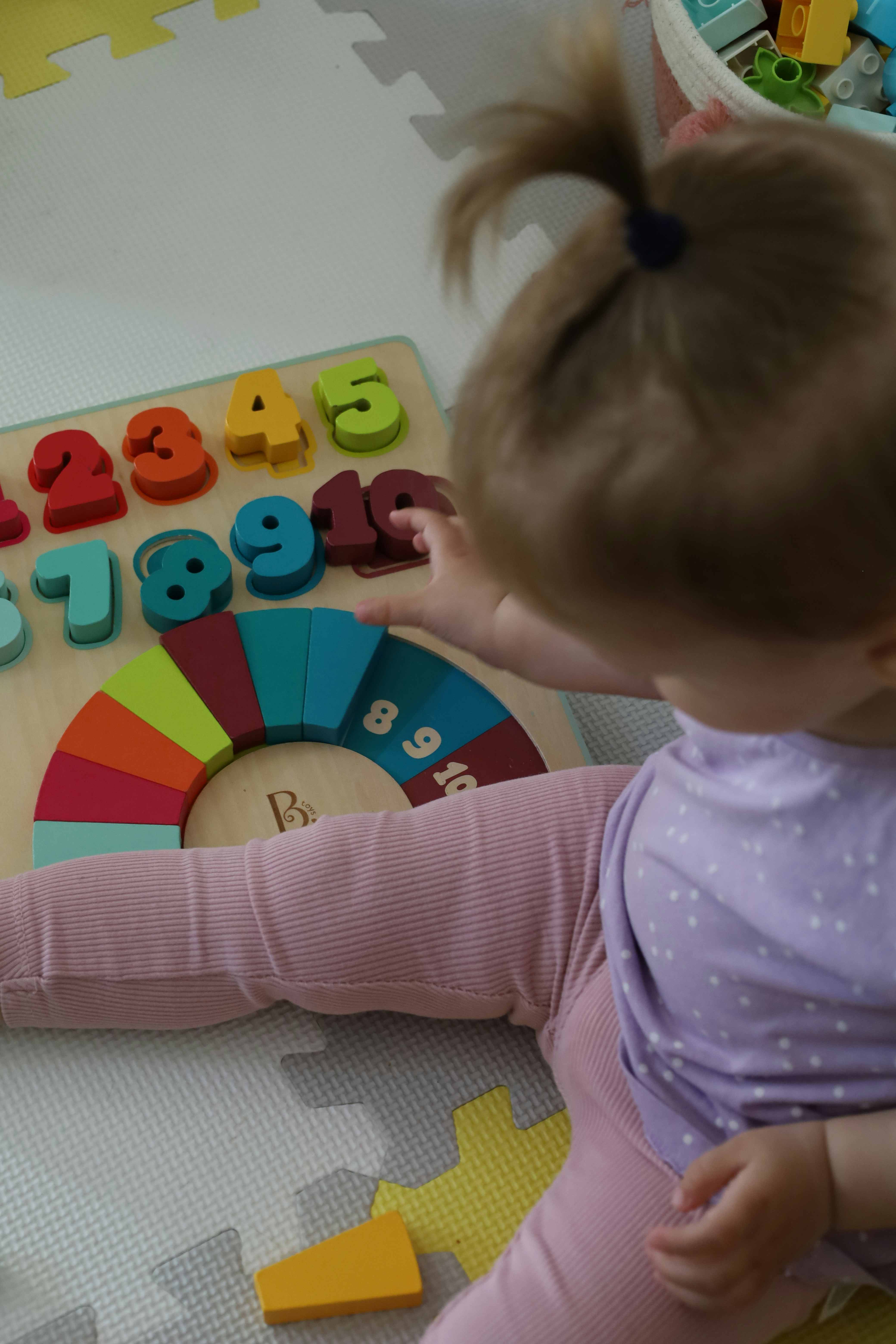 Photo by Anna Mysłowska-Kiczek on Unsplash
Photo by Anna Mysłowska-Kiczek on Unsplash Guidance and Tips for Parenting
Parenting is a multifaceted journey that varies widely from one household to another. Understanding different parenting styles can aid parents and carers in creating an environment that best supports their child’s development. The authoritative approach, characterized by a balance of responsiveness and demandingness, often leads to children who are competent and happy. In contrast, permissive parenting, with its indulgent tendencies, may yield children who struggle with self-discipline. On the other side of the spectrum, uninvolved parenting can result in children who lack self-esteem and social competence. Choosing a style that aligns with your family’s values and child’s needs can significantly impact their growth and overall well-being.
Another key element of effective parenting involves providing enriching experiences outside the home. Local parks and museums offer ample opportunities for children to learn and play in stimulating environments. Adventure centers can be particularly beneficial for fostering physical development and teamwork skills, while libraries serve as resource hubs for both educational and recreational reading. Incorporating these activities into your family routine can encourage a love of learning and exploration.
Nutrition undeniably plays a critical role in a child’s development. Offering a variety of healthy foods ensures that children receive the necessary vitamins and minerals for growth. Engaging children in the meal preparation process can also pique their interest in diverse foods and mitigate picky eating habits. Presenting fruits, vegetables, whole grains, and lean proteins in fun and appealing ways can make balanced nutrition more attainable.
Practical hair care is another aspect of daily parenting that, when handled appropriately, can reduce stress for both parents and children. Understanding different hair types and textures allows for tailored grooming strategies that make the experience positive and manageable. Consulting with a professional can provide valuable insights and techniques for maintaining healthy hair.
Education extends beyond the classroom; it is a continuous process that thrives within the home. Encouraging learning at home through interactive and engaging activities can supplement formal schooling. Selecting the right educational institutions and preparing for academic milestones are crucial steps that can shape a child’s future. Fostering an environment that values curiosity and perseverance can lay a solid foundation for lifelong learning.
Handling challenging behavior is an inevitable aspect of parenting. Developing strategies to address common issues like tantrums and defiance is essential for maintaining a harmonious household. Approaching these behaviors with patience and consistency, while setting clear boundaries, can foster a respectful and understanding family dynamic. Empowering children to express themselves in healthy ways can also contribute to their emotional intelligence and resilience.
By integrating these diverse aspects into their daily routines, parents and carers can create a supportive and nurturing environment that promotes all-around development for their children.
Self-Care and Recommendations for Parents and Carers
Taking care of young ones is a demanding responsibility that often leaves parents and carers with little time or energy for themselves. However, prioritizing self-care is essential for sustaining well-being and ensuring that adults can provide the best possible care to their children. Maintaining a balanced lifestyle involves engaging in activities that bring joy and relaxation. Hobbies such as reading, gardening, or crafting can provide necessary mental respite. Fitness routines, encompassing light exercise like yoga or brisk walking, are beneficial not only for physical health but also for mental clarity and stress relief.
Relaxation techniques play a critical role in managing stress. Practices such as mindfulness and meditation have proven effective in creating calm and focus amidst the chaos of everyday life. These techniques can be practiced through guided apps or local community classes. Additionally, social activities, whether in-person or virtual, can provide a valuable support network and alleviate feelings of isolation. Carving out time for social interaction, even in small increments, can significantly bolster emotional well-being.
Financial stress is a common concern for many families. Practical financial advice and planning tips can offer relief by helping manage the household budget more effectively. Establishing a budget, tracking expenses, and exploring cost-saving measures can create a more manageable financial landscape. Resources such as financial planning tools or consultations with financial advisors can offer tailored advice and strategies for saving and spending.
Moreover, there are numerous products and services designed to support parents and carers in their roles. Parenting apps, educational gadgets, and community resources can provide significant convenience and leisure. Reviews and suggestions for these products, such as apps that track developmental milestones or gadgets that facilitate easier home management, can be invaluable. Local community resources, such as parent support groups or family activities, can also contribute to a more enriched and balanced family life.
By incorporating self-care practices and utilizing supportive resources, parents and carers can effectively address their own needs while maintaining a nurturing and balanced environment for their families.
RELATED POSTS
View all



